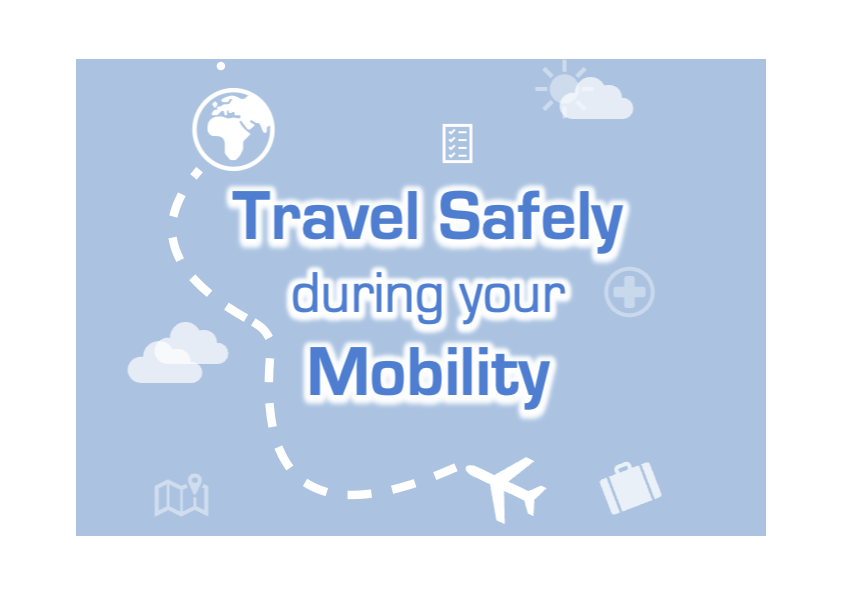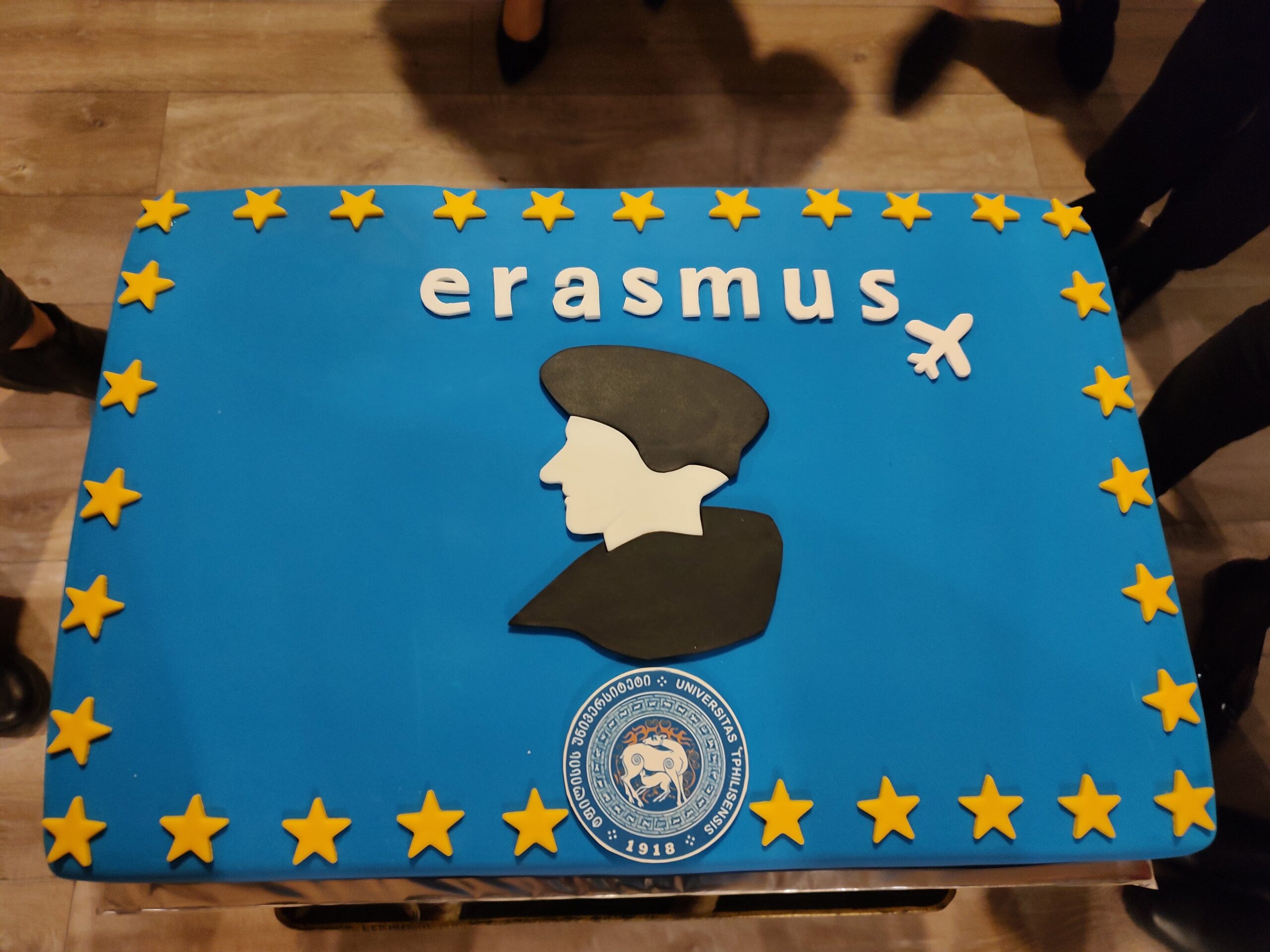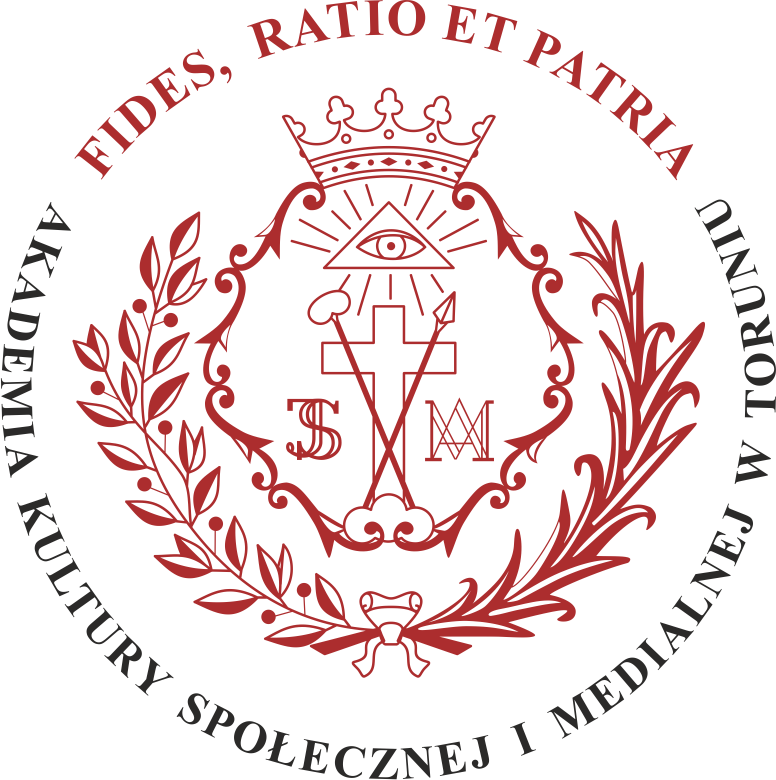As we all know, last year we’ve experienced the peak of the Covid19 pandemic, which caused a lot of difficulties in the everyday life, affecting people’s health and welfare.
Of course, travel has also become more complicated than before, and the Erasmus+ has been consequently affected.
Now that we have established a so-called “new normality” and that the number of vaccinations increasing, things seem to be getting slowly better, and we are slowly starting to travel again.
But it is always better to be safe than sorry, so, in order to make a good and safe trip for the Erasmus+ program, check this list of useful tips.
- 1 – Laws, containment measures and required documents for travel may be different from country to country, so make sure to have every required document, certifications and/or pass. You can help yourself by checking for example the official government websites, the ones of the local embassy, etc.
- 2 – In the last period, traveling by plane has become quite difficult due to delays and cancellations. Before every trip, check the availability and the status of your flights on airport and airline websites to see if changes have been made.
- 3 – When you reach the destination, make sure to respect all the Covid-19 measures and requirements, checking for example the university website and again the official websites.
- 4 – Another useful tip: when you have settled in the new environment, check with the local authorities how you can take action in the unfortunate event that you need medical attention.
Last but not least, stay safe and healthy and enjoy your Erasmus experience!










Hi!
Very good article…
It is extremely important that everyone traveling is kept up-to-date with the information.
Nowadays, when the restrictions and rules may change from day to day due to a pandemic, it is best to follow official information provided by state services.
For example, people traveling to Poland should control messages on websites such as:
-Website of the Republic of Poland – https://www.gov.pl/web/coronavirus
-Website of the Republic of Poland – https://www.gov.pl/web/coronavirus/travel
-Polish Tourism Organisation – https://www.poland.travel/en/travel-inspirations/polands-covid-19-entry-restrictions-and-quarantine-requirements-for-nationals-of-the-united-states-and-canada
-Border guards – https://www.strazgraniczna.pl/pl/cudzoziemcy/covid-epidemia-koronawi/8578,Outbreak-of-coronavirus-rules-of-entry-and-stay-on-the-territory-of-the-Republic.html
Let’s hope that the situation will improve quickly and there will be no further restrictions.
See you soon… in Poland!!!
Firstly I’d like to say that this is an interesting article full of useful informations.
Despite the fact that the new so-called “normality” got established,unfortunately things aren’t still that simple with all these restrictions,travelling difficulties and etc..